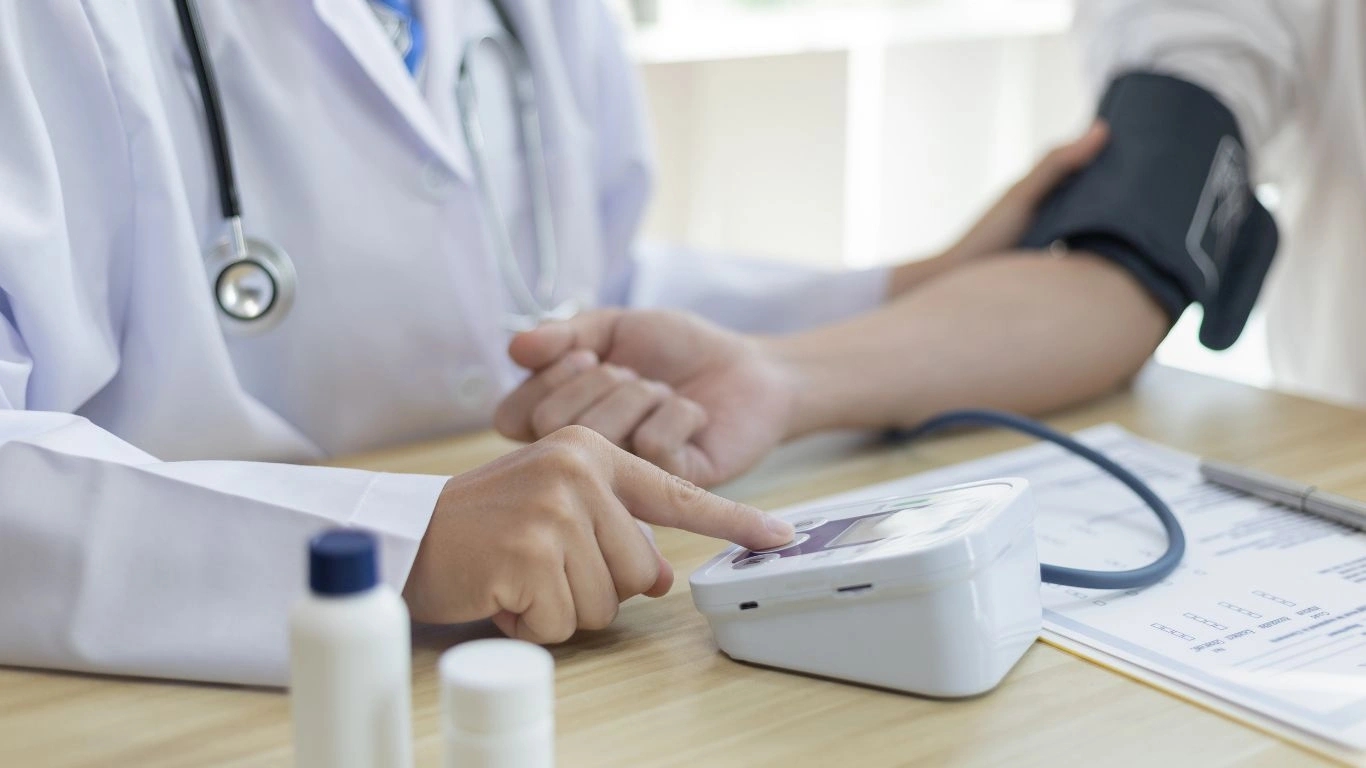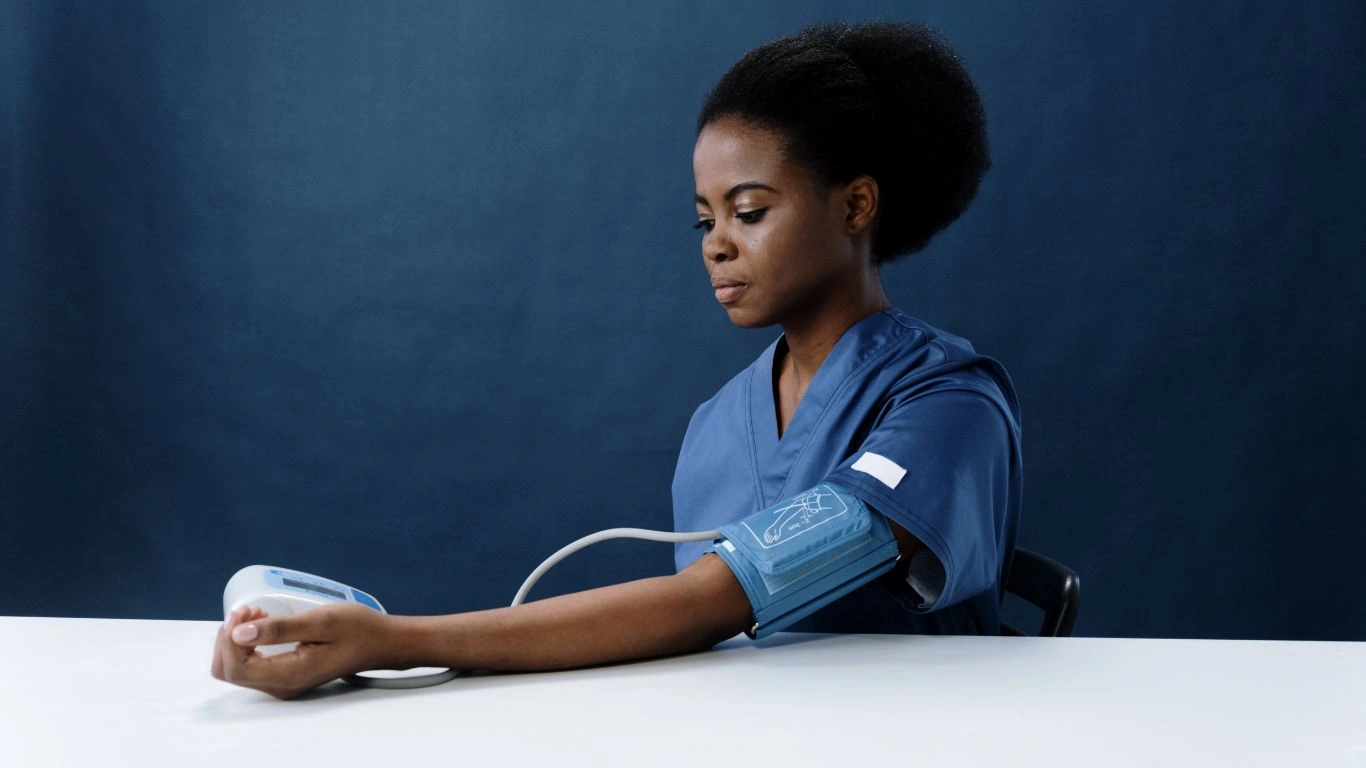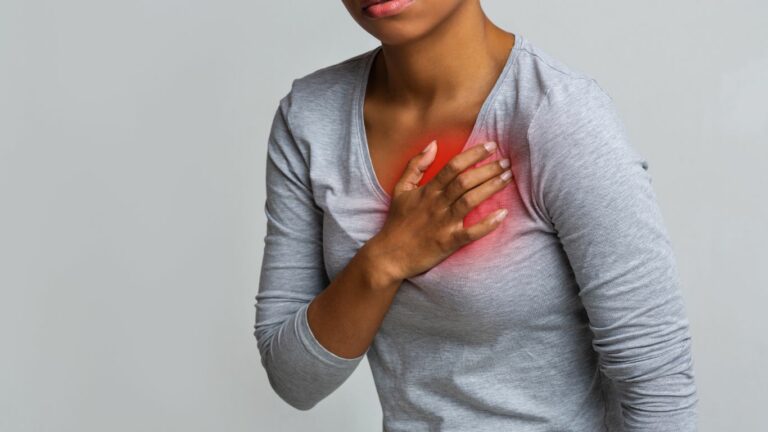The Connection Between Diet and Blood Pressure: What You Need to Know
Are you curious about how your diet can affect your blood pressure? You’re not alone! It’s no secret that what you eat plays a huge role in your overall health, but when it comes to blood pressure, the connection is particularly important. Let’s dive into how diet impacts blood pressure and what foods you should focus on to keep your heart and arteries in great shape!

How Does Diet Affect Blood Pressure?
It might sound surprising, but the foods you eat can influence your blood pressure just as much as your activity levels. Diets high in sodium, processed foods, and unhealthy fats can contribute to high blood pressure. On the flip side, a diet rich in whole foods like fruits, vegetables, lean proteins, and whole grains can help lower and manage blood pressure. But how does it work? Well, certain foods can impact how your kidneys regulate sodium, how your blood vessels respond to stress, and how much fluid your body retains—all of which directly affect blood pressure levels.
What Foods Help Lower Blood Pressure?
When you think of foods that lower blood pressure, you’re probably thinking of fruits and veggies, right? And you’re right! These are packed with nutrients that support your cardiovascular system. Here’s a breakdown of some of the best foods for your blood pressure.
1. Leafy Greens
Leafy greens like spinach, kale, and Swiss chard are loaded with potassium, which helps your kidneys balance the amount of sodium in your blood. The more potassium you get, the more your body can rid itself of excess sodium, which is key for maintaining healthy blood pressure levels. Aim for at least one serving of leafy greens every day. 
2. Berries
Blueberries, strawberries, and raspberries are rich in antioxidants, particularly flavonoids, which have been shown to help lower blood pressure. Studies have found that regularly consuming berries can reduce blood pressure by improving blood vessel function. So, toss a handful into your smoothie or snack on them as a sweet treat!
3. Beets
Beets are high in nitrates, which have been shown to help dilate blood vessels, improving blood flow and reducing blood pressure. Drinking beet juice has become popular for those looking to improve heart health. If you’re not into juice, you can roast or steam beets as a tasty side dish.
4. Oats
Oats are a great source of soluble fiber, which helps reduce cholesterol levels. Lowering cholesterol can directly benefit your blood pressure by making it easier for blood to flow through your arteries. Try switching out your regular breakfast cereal for a bowl of steel-cut oats to start your day on the right foot.
5. Fatty Fish
Fatty fish like salmon, mackerel, and sardines are rich in omega-3 fatty acids. These healthy fats help reduce inflammation, lower cholesterol, and improve blood vessel health—all factors that can contribute to healthy blood pressure. Aim for at least two servings of fatty fish per week for optimal benefits.
6. Nuts and Seeds
Nuts and seeds, especially almonds, walnuts, and flaxseeds, are rich in magnesium, which helps regulate blood pressure by relaxing blood vessels. They also provide healthy fats, which contribute to heart health. A small handful as a snack can be a heart-healthy choice.
What Foods Should You Avoid to Lower Blood Pressure?
While adding heart-healthy foods to your diet is essential, it’s just as important to cut back on foods that can negatively impact your blood pressure. Here are some key culprits:
1. High-Sodium Foods
Excess sodium is a major factor in high blood pressure. Foods like processed meats, canned soups, frozen dinners, and salty snacks are loaded with sodium, so it’s important to limit these. A good rule of thumb is to cook from scratch as much as possible and avoid pre-packaged foods. 
2. Sugary Drinks
Sugary beverages, including soda, fruit juices, and sweetened coffee drinks, can spike your blood sugar and contribute to weight gain—both of which are risk factors for high blood pressure. Opt for water, herbal teas, or sparkling water with a splash of lemon to hydrate without the added sugar.
3. Red Meat
While red meat can be part of a balanced diet, consuming too much can raise blood pressure due to its saturated fat content. If you enjoy red meat, try to limit it to a few times a week and focus on lean cuts like sirloin. Also, consider replacing some red meat with plant-based protein sources like beans, lentils, and tofu.
4. Alcohol
Drinking alcohol in excess can raise your blood pressure, so it’s a good idea to limit your intake. If you drink, keep it moderate—about one drink per day for women and two drinks per day for men. It’s best to talk to your healthcare provider about what’s right for you.
Best Eating Habits for Healthy Blood Pressure
It’s not just about the foods you eat—it’s also about how you eat. Adopting a few smart eating habits can support your blood pressure and overall heart health.
1. Go for Balanced Meals
Aim to have a variety of foods in each meal, including plenty of fruits, veggies, lean proteins, and whole grains. A balanced plate ensures you’re getting all the nutrients your body needs to support healthy blood pressure.
2. Eat Smaller, More Frequent Meals
Instead of loading up on big meals, try eating smaller, more frequent meals throughout the day. This helps prevent spikes in blood pressure caused by overeating and helps maintain steady energy levels.
3. Reduce Your Salt Intake
Reducing sodium is one of the easiest ways to help lower blood pressure. If you’re cooking at home, skip the salt shaker and use herbs, spices, or lemon to add flavor. Try to limit your intake of processed and restaurant foods, which are often high in hidden sodium.
4. Stay Hydrated
Drinking plenty of water is crucial for healthy circulation and kidney function, both of which impact blood pressure. Aim for at least 8 glasses of water a day, and more if you’re active or live in a hot climate.
Conclusion
Your diet plays a significant role in maintaining healthy blood pressure. By incorporating foods rich in potassium, magnesium, fiber, and healthy fats, and cutting back on high-sodium, sugary, and processed foods, you can keep your blood pressure in check. Remember, small dietary changes can make a big difference over time. So, start today by adding more whole foods to your diet and ditching the processed junk! 
Appendices
FAQs
- Can drinking too much coffee raise my blood pressure? Yes, caffeine can cause a temporary spike in blood pressure, so it’s best to monitor your intake, especially if you’re sensitive to it.
- What’s the DASH diet? The DASH (Dietary Approaches to Stop Hypertension) diet is a specific eating plan designed to lower blood pressure. It focuses on whole foods like fruits, vegetables, lean meats, and low-fat dairy, while cutting back on salt, sugars, and red meat.
- How much potassium should I eat to help lower my blood pressure? The recommended daily intake of potassium is about 4,700 mg. Foods like bananas, sweet potatoes, and leafy greens are excellent sources of potassium.
- Can I take supplements for blood pressure management? While some supplements like omega-3s and magnesium may help lower blood pressure, it’s always best to consult with your doctor before starting any supplements.
- Does weight loss help lower blood pressure? Yes, losing even a small amount of weight can help reduce your blood pressure, particularly if you’re overweight or obese.
References
- American Heart Association. (2024). “Understanding Blood Pressure.” Read Article
- National Institutes of Health. (2023). “The Role of Diet in Hypertension Management.” Read Article
Disclaimer: The information provided in this article is for educational purposes only and is not intended to replace professional medical advice. Always consult your healthcare provider before making any changes to your diet, especially if you have pre-existing health conditions like high blood pressure.

Dr. Gwenna Aazee is a board-certified Internal Medicine Physician with a special focus on hypertension management, chronic disease prevention, and patient education. With years of experience in both clinical practice and medical writing, she’s passionate about turning evidence-based medicine into accessible, actionable advice. Through her work at Healthusias.com, Dr. Aazee empowers readers to take charge of their health with confidence and clarity. Off the clock, she enjoys deep dives into nutrition research, long walks with her rescue pup, and simplifying medical jargon one article at a time.







